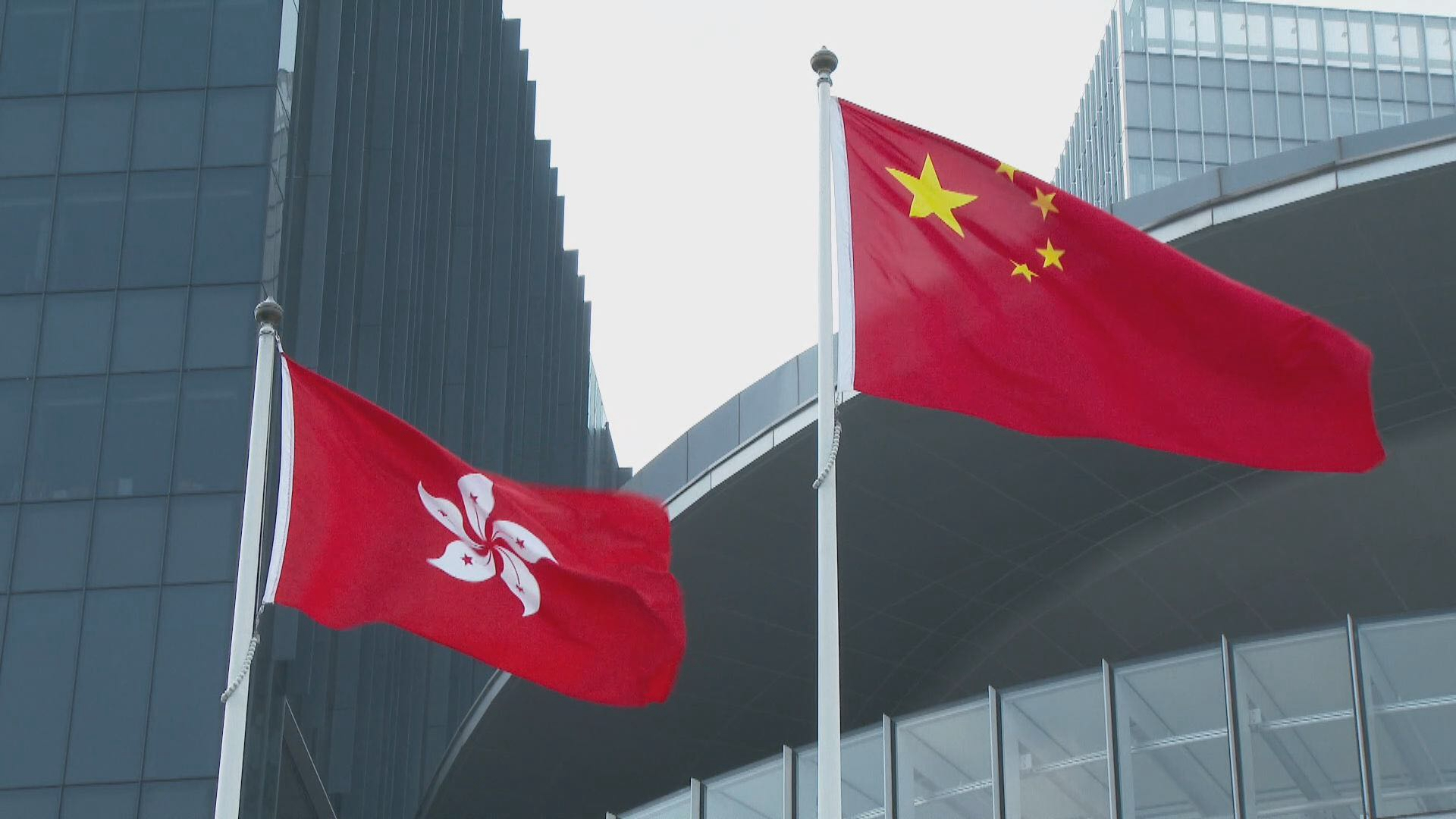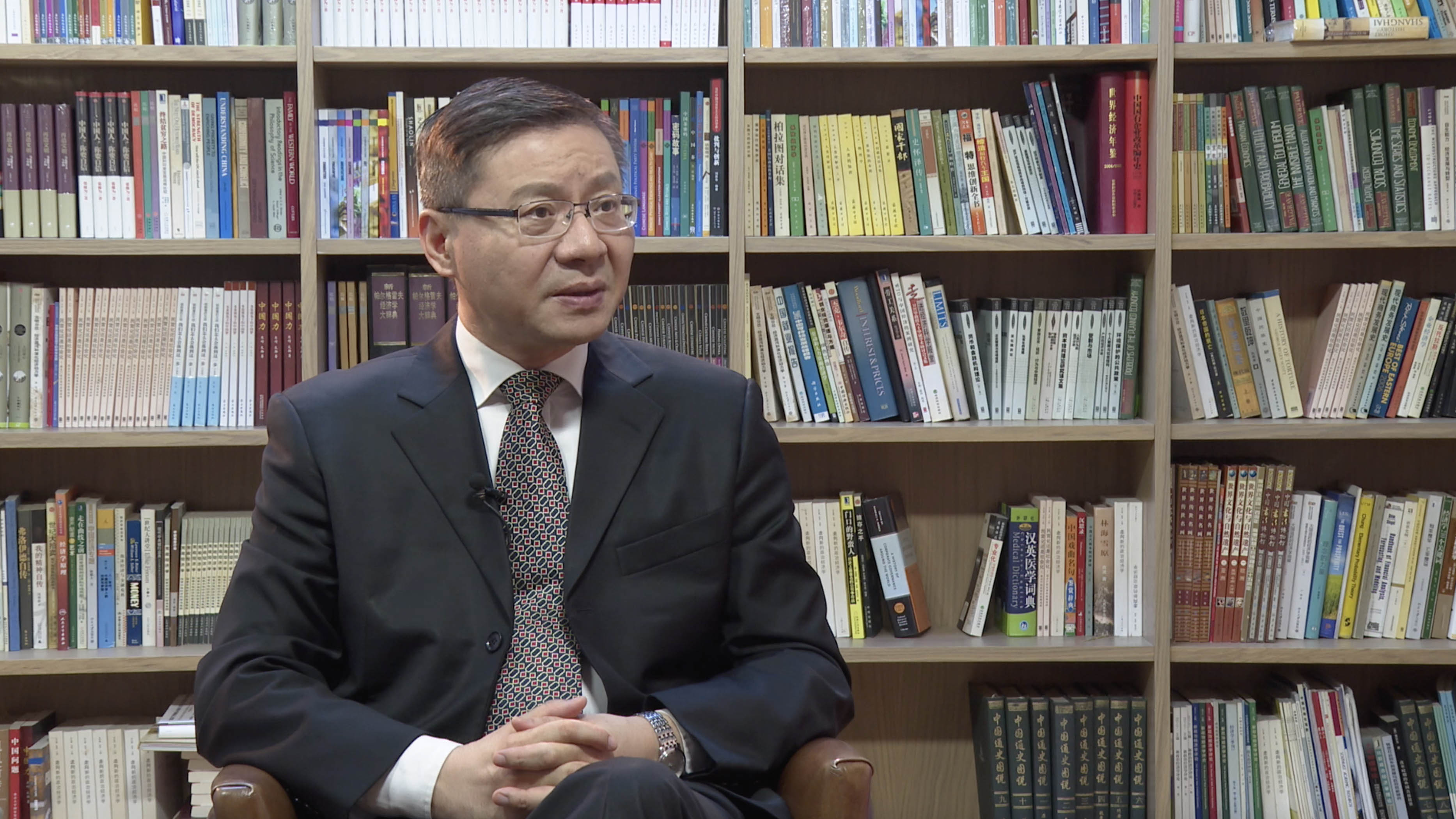

Editor's note: The following is an edited translation of an article first published on China Central Television, August 31.
In the past two months, Hong Kong protesters who are against the now-abandoned extradition bill have resorted to all kinds of violent means, attempting to force the government to agree to their demands. A series of events have had extremely negative impacts on Hong Kong residents' daily lives as well as the city's economy.
Some Western politicians commented on the events, criticizing the Hong Kong SAR government for their handling of the protests. However, they have clearly been trying to meddle in Chinese domestic politics, which is unacceptable.
"This is what happens in 'Color Revolutions.' But they won't succeed in Hong Kong," said Zhang Weiwei, a Chinese professor of international relations at Fudan University, in an interview with China Central Television.
"'The Arab Spring' is a series of events that happened around the year of 2011. At the time, a lot of countries in the Arab world were facing internal crises. However, aside from internal problems, there was another element causing the political events there – Wall Street in the U.S., the U.S. National Endowment for Democracy (NED), as well as the CIA – they had always been wanting to see social upheavals in non-Western democracies."

Zhang believes that America's NED and CIA try to influence young people through the internet as well as through various programs and trainings. They encourage movements that claim to promote democracy in other parts of the world, which has lead to regime changes in many Arab countries.
However, the "Arab Spring" soon turned into the "Arab Winter." Why did that happen?
"My assessment is that Western-style democracy does not necessarily work in the non-Western world. When it's forced on non-Western countries, a lot of problems arose. For example, former U.S. president George W Bush's decision to invade Iraq – looking back, what a stupid decision was that! However, back then, those aforementioned organizations had all supported him. But they never consulted Iraqi people themselves," said Zhang.
The turbulent situation in Hong Kong – endless unlawful assemblies and violent protests – has gone on for more than two months. What's happening there clearly resembles the "color revolutions" we saw in the Middle East in early 2010s. The West, especially the U.S., wants to see turbulence in Chinese society. They want to see China enmeshed in trouble. People should see what those "protests" are really about. And America definitely has a big role to play here as it tries to drive Hong Kong away from the Chinese mainland and weaken China as a country that has a different political system than the U.S.
However, Zhang does not believe a "color revolution" will succeed in Hong Kong.
"These protests have inflicted too much pain on Hong Kong's economy. So it will not last," he said.
(If you want to contribute and have specific expertise, please contact us at opinions@cgtn.com)

Copyright © 2018 CGTN. Beijing ICP prepared NO.16065310-3
Copyright © 2018 CGTN. Beijing ICP prepared NO.16065310-3